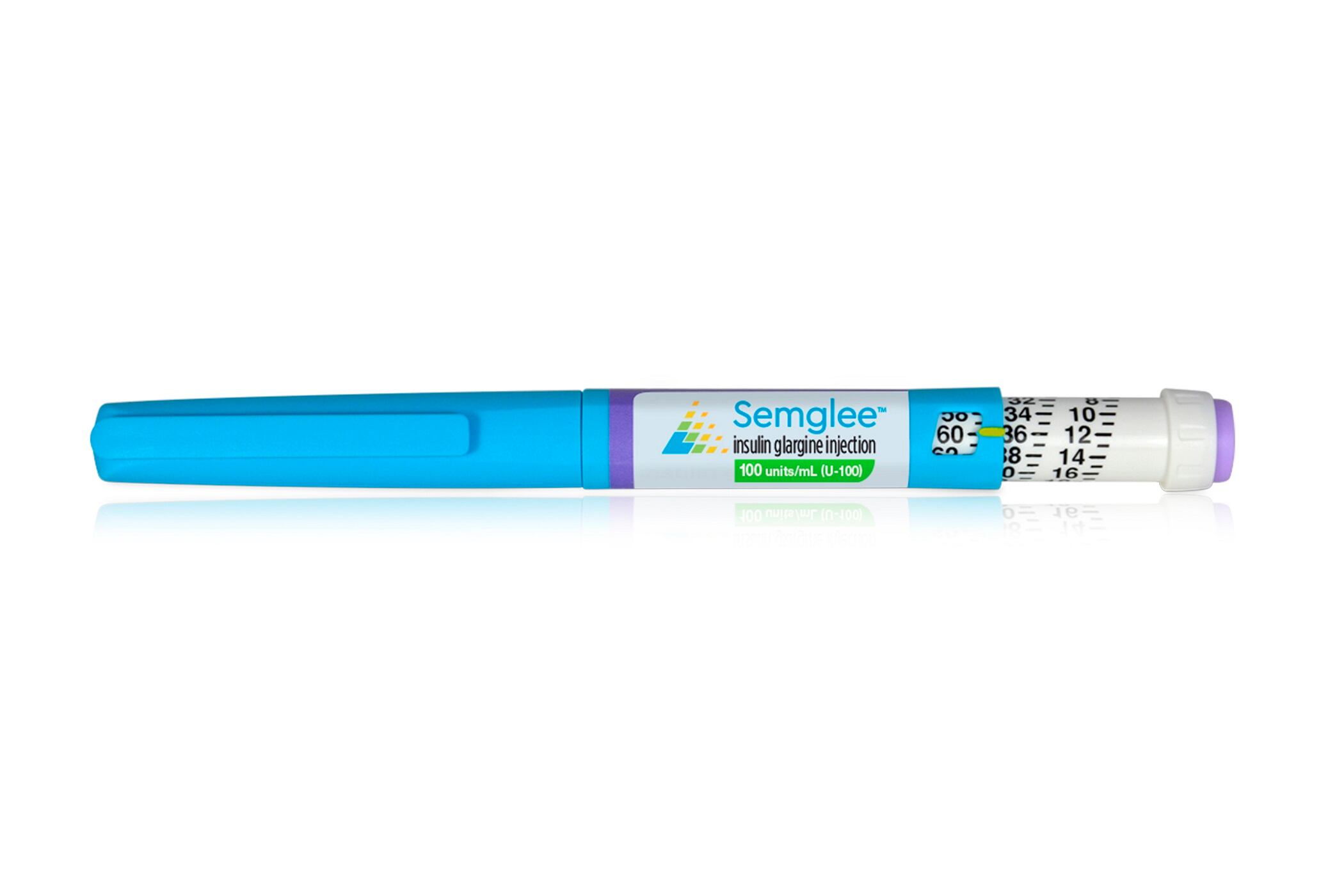By Linda A. Johnson
U.S. regulators took action Wednesday that will make it easier to get a cheaper, near-copy of a brand-name insulin at the drugstore.
Doctors now have to specifically prescribe what’s called a biosimilar or OK substituting it for a more expensive brand-name insulin.
Wednesday’s move by the Food and Drug Administration will allow pharmacists to automatically substitute the cheaper version, just as they do with generic pills for other kinds of drugs.
It’s the FDA’s first approval of an “interchangeable” biosimilar, a near-copy of an injected biologic medicine that’s manufactured inside living cells. It could save diabetics and health plans millions of dollars annually and encourage other drugmakers to create more biosimilar medicines. Health data firm IQVIA projects U.S. savings from increasing use of biosimilars from 2020 through 2024 will top $100 billion.
The FDA agreed that Viatris Inc.’s Semglee was interchangeable with widely used Lantus, a fast-acting insulin.
Approval of a second such interchangeable biosimilar of a long-acting insulin appears imminent from the same developers, Pittsburgh-based generic giant Viatris and its partner, India’s Biocon.
Mylan N.V., one of two companies that merged to create Viatris last December, launched Semglee in the U.S. last summer.
Red tape, lengthy patents and pushback from brand-name drugmakers have limited U.S. sales of biosimilars to far below levels in Europe.
“These products are highly similar but much more affordable,” said Sean McGowan, head of biosimilars at AmerisourceBergen, a top drug wholesaler.
Only 20 of 29 FDA-approved biosimilars — for cancer and immune disorders like rheumatoid arthritis — are sold in the U.S. so far, he said.
Depending on the pharmacy, Semglee injector pens cost about $150 to $190 without insurance for a typical month’s supply, compared to $340 to $520 for the same supply of brand-name Lantus.
___
The Associated Press Health and Science Department receives support from the Howard Hughes Medical Institute’s Department of Science Education. The AP is solely responsible for all content.













